Access to information and knowledge can empower an entire community! According to a Diabetes-related study conducted by The Indian Council of Medical Research, urban people had greater awareness rates (58.4 %) than rural residents (36.8%).
But overall figures were still low, particularly in rural regions. This emphasizes the importance of large-scale diabetes awareness and education campaigns.

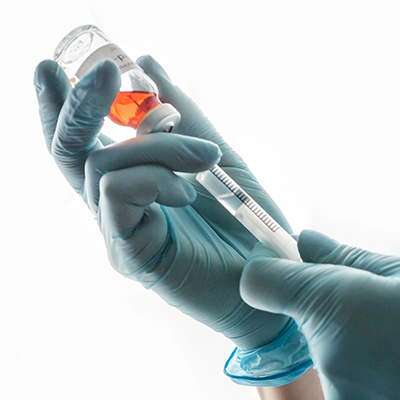
Diabetes and cancer therapies are highly expensive, both individually and societally, making treatment adherence and attaining ideal results difficult for many people. The National Family Health Survey (NFHS 2005-06) indicates substantial geographical and socioeconomic differences in health outcomes, with lower castes, the poor, and less developed countries suffering a disproportionate share of the burden of healthcare.
Life-saving diagnosis, treatment, and care should be equal for all regardless of where they reside, their income, race, religion, caste, or gender.
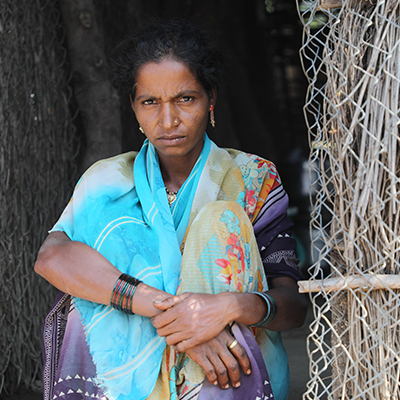
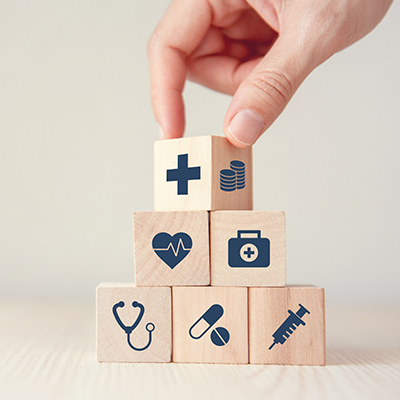
Lifelong illnesses have an influence on patients’ and carers’ mental and emotional well-being in addition to their physical health. Patients experience despair, anxiety, and rage, which have an impact on their health and general quality of life.
Understanding and managing emotional and mental health may enhance the patient’s, family’s, and healthcare provider’s relationships, allowing for more successful illness treatment.
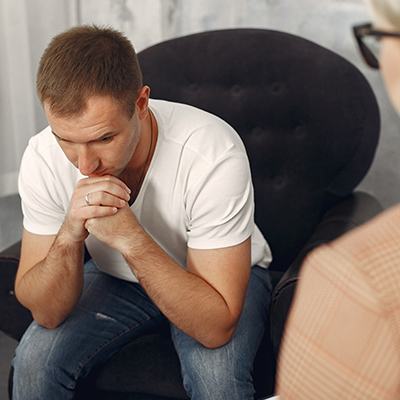
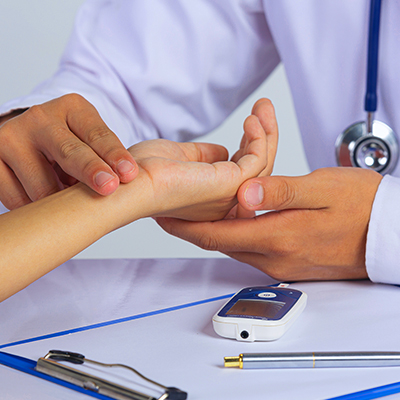

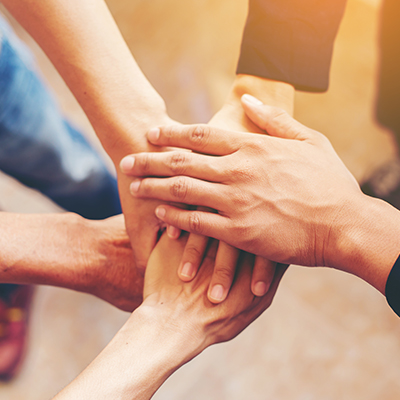
Access to information and knowledge can empower an entire community! According to a Diabetes-related study conducted by The Indian Council of Medical Research, urban people had greater awareness rates (58.4 %) than rural residents (36.8%).
But overall figures were still low, particularly in rural regions. This emphasizes the importance of large-scale diabetes awareness and education campaigns.

Lorem ipsum dolor sit amet, consectetur notted adipisicing elit sed do eiusmod tempor incididunt ut labore et simply free text dolore magna aliqua lonm andhn.